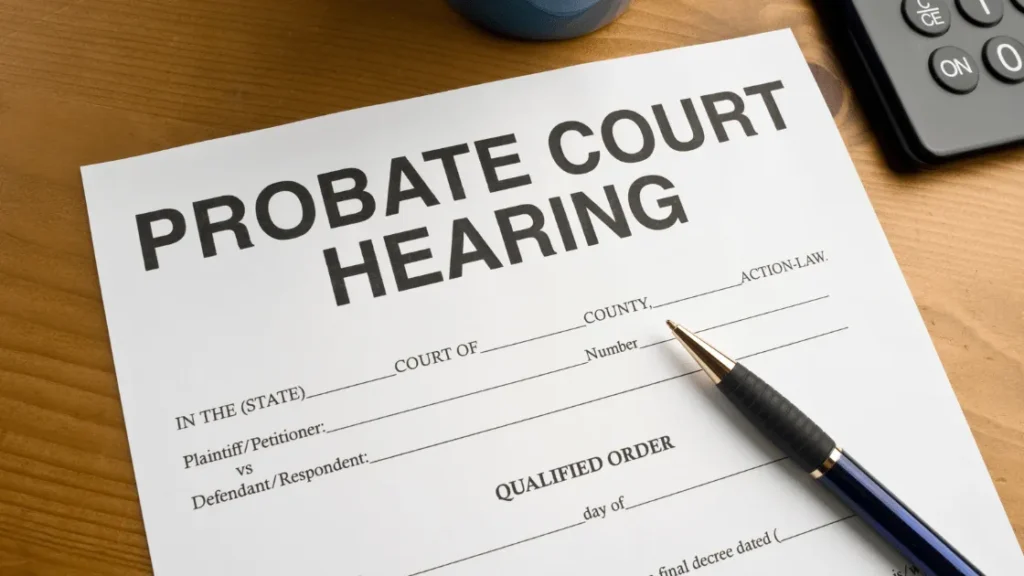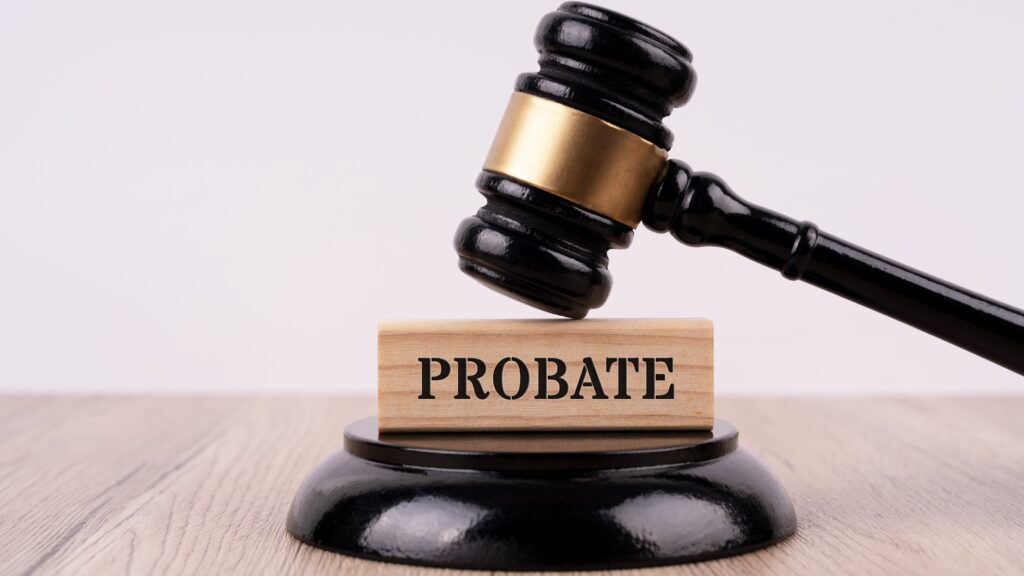Common Causes of Will Disputes in Texas
Will disputes often arise from various factors, including unclear language in the will, lack of proper execution, or challenges to the testator's mental capacity. Understanding these common causes can help heirs anticipate potential conflicts and prepare for resolution strategies.
For instance, if a will is not properly signed and witnessed according to Texas law, it may be deemed invalid, leading to disputes among heirs. Additionally, if family members believe that the testator was not of sound mind when the will was created, they may contest its validity, resulting in costly legal battles.
Steps to Resolve a Will Dispute in Texas
Resolving a will dispute in Texas typically involves several key steps, including mediation, filing a lawsuit, or negotiating settlements. Each of these approaches can lead to different outcomes depending on the specifics of the case.
Mediation is often the first step, allowing parties to discuss their grievances with a neutral third party. If mediation fails, the dispute may escalate to court, where a judge will make a final determination. It is crucial for heirs to seek legal counsel to navigate these complex processes effectively.
The Role of Executors in Will Disputes
Executors play a vital role in managing the estate and addressing disputes that may arise during the probate process. Their responsibilities include ensuring the will is valid, distributing assets according to the deceased's wishes, and resolving conflicts among beneficiaries.
In cases of disputes, an executor may need to mediate discussions between heirs or even defend the will in court. Their ability to act impartially and in accordance with the law is essential to maintaining the integrity of the probate process and minimizing further conflicts.
Preventing Will Disputes: Best Practices
Preventing will disputes begins with clear and thorough estate planning. Testators should ensure that their wills are drafted with precise language and properly executed to reduce ambiguity that could lead to disputes.
Additionally, discussing estate plans with family members can help set expectations and minimize misunderstandings. Regularly updating the will to reflect changes in circumstances, such as marriage or the birth of children, is also crucial to preventing potential conflicts among heirs.



